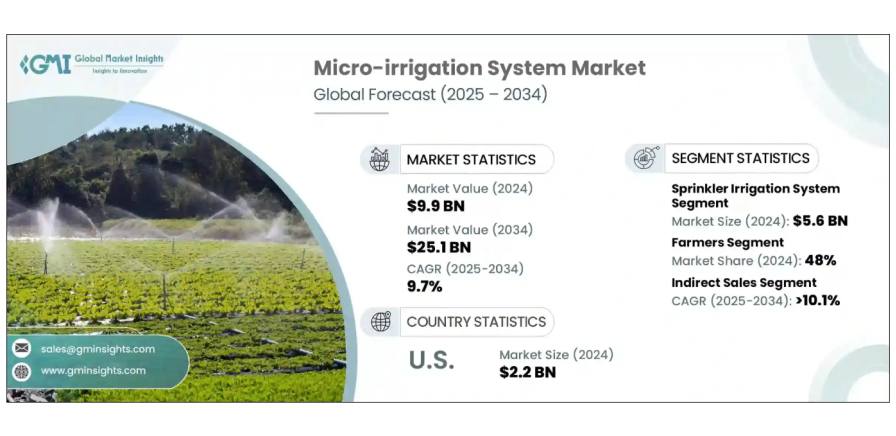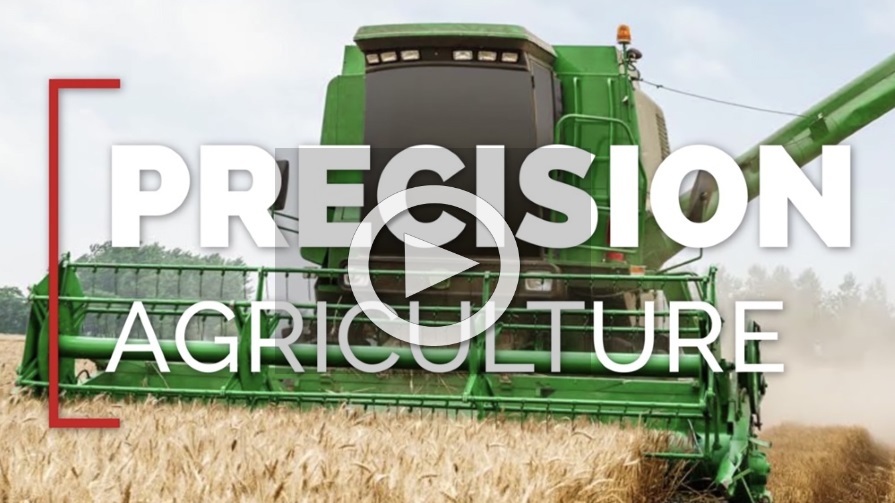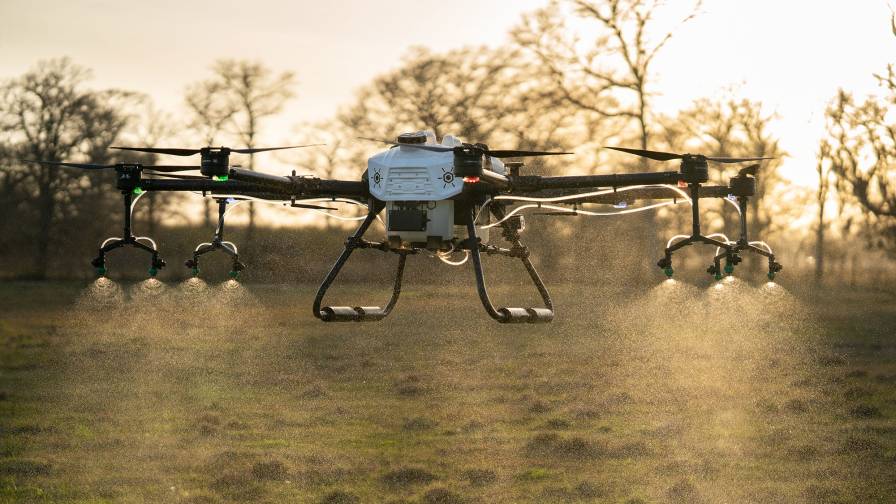Using Agricultural Data to Drive Sustainability

To gain valuable insights and share sustainability strategies and improvements, agribusiness companies must make a concerted effort to champion data security. Photo credit: Syngenta
Sustainability isn’t a new idea in agriculture. It’s as old as the land itself. However, it’s becoming increasingly urgent as industry stakeholders respond to a growing global population and environmental constraints on productivity. Large companies, growers, retailers, and other members of the value chain are working tirelessly to implement new standards for stewardship and transparency; they’re examining data, testing management strategies, and experimenting with new technology.
Agribusiness companies must ensure these sustainability efforts are economically feasible, while optimizing their impact. To foster further participation and greater efficiency, these companies must help communicate grower efforts to the value chain and consumers. But first, they must build grower trust in, and cultivate value through grower data.
Positive relationships among industry stakeholders start with productive, personal communication. At Syngenta, we create opportunities to get growers in the room with major consumer brands and other members of the value chain in order to engage in dialogue. Our Sustainable Solutions team facilitates frequent meetings between growers, partner food company representatives, government officials, retailers, agronomists, and our own representatives. At these meetings, participants are able to voice concerns and opinions about regulations, transparency, and management practices. Growers learn the reasoning behind suggested protocols, and value chain members learn about the field-level impact of those same protocols. This new understanding gives participants the tools and information to take a better, more efficient approach to sustainability. In turn, growers start to forge stronger relationships with stakeholders throughout the industry.
The relationships are just the first step. To gain valuable insights and share sustainability strategies and improvements, agribusiness companies must make a concerted effort to champion data security. They should take clear, demonstrable steps to protect grower data, and to educate members of the value chain about data security practices to maintain grower trust. Strong, accessible data policies set clear expectations about data sharing. These policies should be grower-friendly and adaptable to the individual needs of each operation.
Syngenta Sustainable Solutions reports aggregated, anonymous data results only to partners explicitly agreed upon by the grower. An emphasis on grower data ownership can promote trust among those who might be wary of large-scale initiatives. If this emphasis accompanies a rapport with the rest of the value chain, growers will be aware of exactly what and how much they’re sharing, and with whom.
As the efficacy of these sustainability initiatives depends on grower data, willingness to implement data-driven digital ag technology is imperative. An intuitive data management system can be an excellent tool for experienced and inexperienced growers alike. Whole-farm management programs like AgriEdge offer integrated crop planning, trait technology mapping, and regulatory compliance reporting. To take full advantage of these systems and integrations, however, growers must commit to record-keeping during the season. That includes tracking rates, products, placements, and yields.
Although taking those measurements might take a little more time, the effort offers immense value down the road. The rise in data points gives operations the ability to conduct precise end-of-season analyses, with which they can reduce waste and enhance efficiency. Additionally, growers can provide detailed, accurate information to retailers and consumers hungry for transparency. With these new advantages in the marketplace, growers will have the opportunity to increase profitability in future seasons, creating value across the supply chain.










